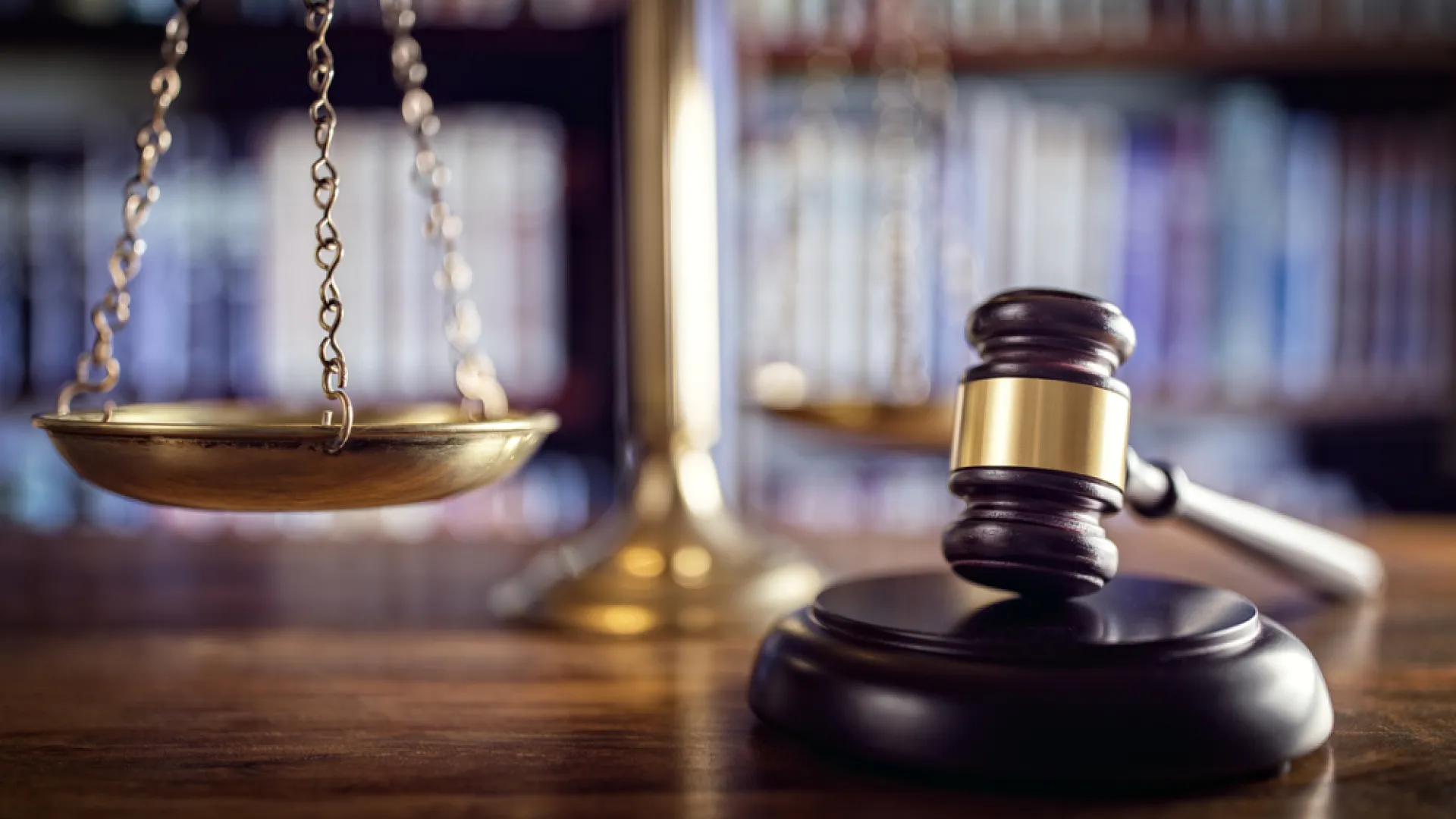
Divorce Trial Overview
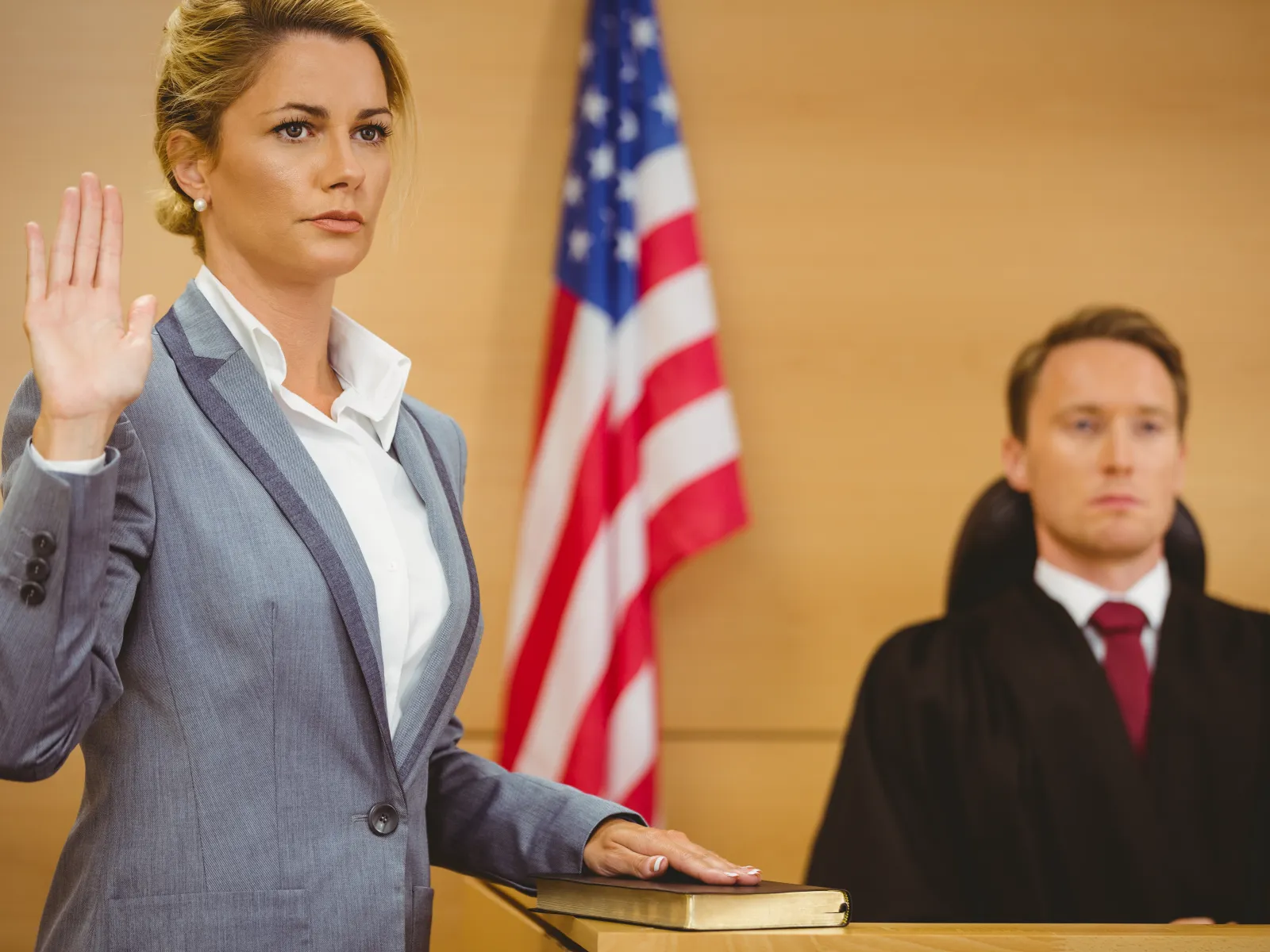
Will I Have to Go to Court to Finalize my Divorce?
While most Georgia divorce cases end in mediation and settlement, if you cannot come to an agreement on how your divorce will be resolved you will have to go to a final trial. If the parties are unable to agree on all aspects of the divorce matter, even after attempts to settle the matter via mediation, arbitration or settlement conferences, taking the matter to trial is the final alternative. A divorce final trial is effectively the final step in your divorce. Once it is clear that the case cannot be settled, the case will be put on a trial calendar and both parties will begin trial preparations and continue the exchange of discovery and evidence. At trial, both lawyers will present their opening arguments. After that, they will begin presenting evidence and testimony from witnesses (if any). Both parties will get a chance to cross examine any witnesses or evidence from the other side. After all testimony and evidence is presented, both parties will make their final closing arguments. After all arguments are made, the judge will render a final decision that resolves all matters relating to child custody, child support, asset & property division, and alimony. This resolution will become a binding court order.
The Divorce Final Trial - Step by Step
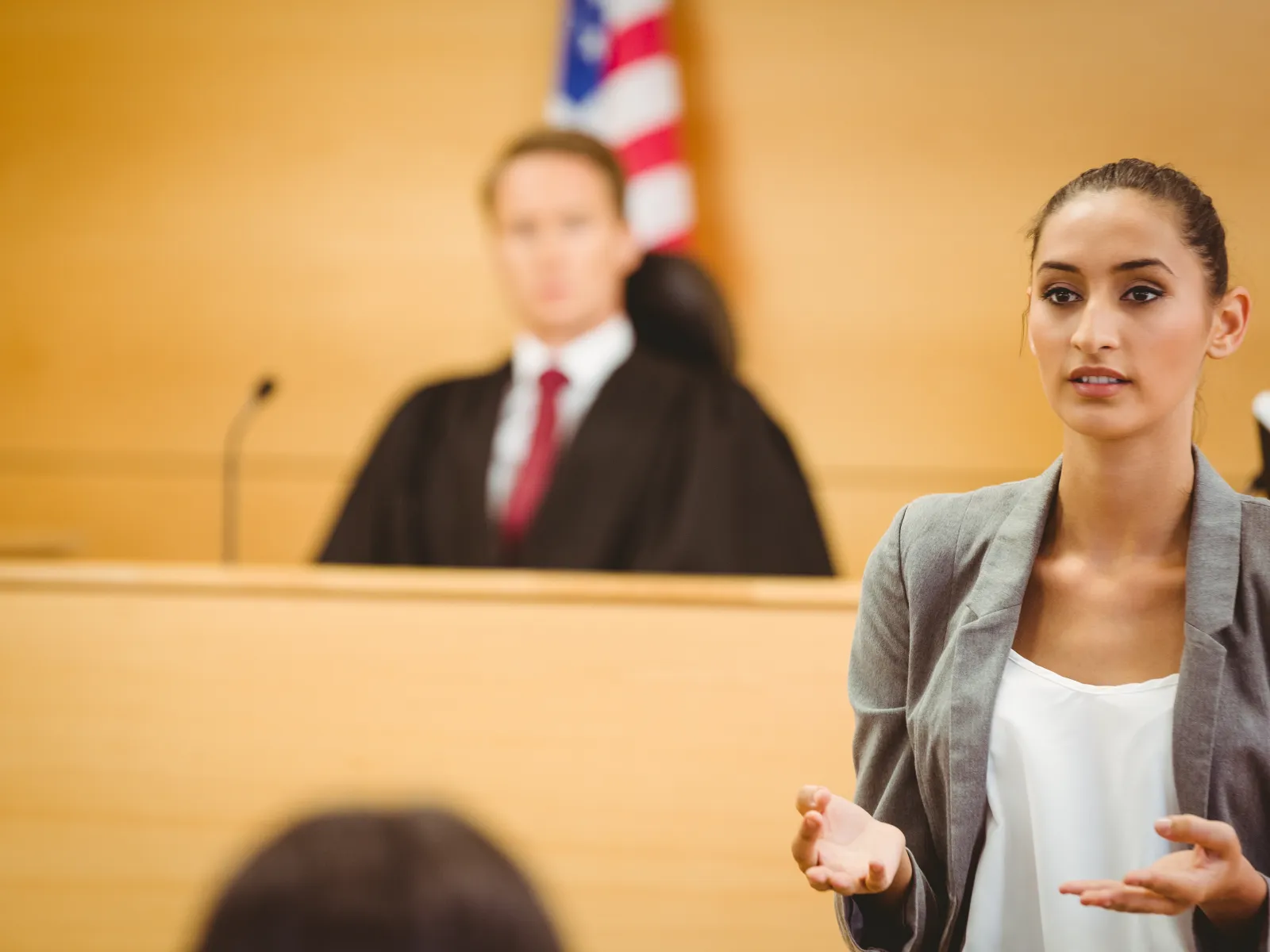
Opening Statement
The first opportunity to speak to the court in a final divorce trial is delivering the opening statement. Traditionally, the party that filed the original complaint for divorce will go first. The party that filed the answer to the complaint will go second. The opening statement does not include evidence or arguments in it. It merely allows each party to frame up their position and talk about what the evidence presented at trial will show.
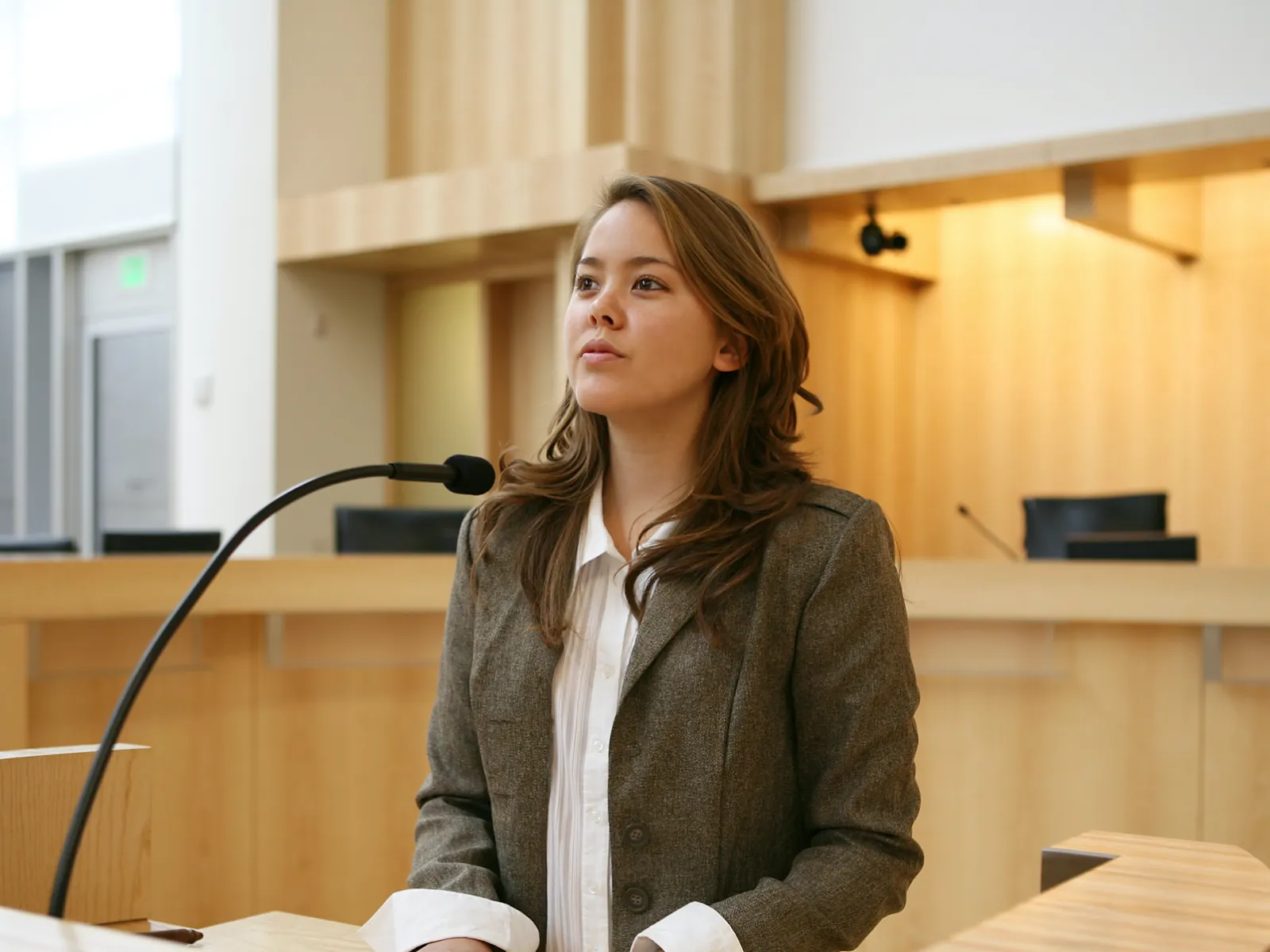
Presenting Evidence
After both parties present their opening statements, the presentation of evidence and witness testimony will follow. Similar to the opening statements, the party that filed the complaint for divorce (plaintiff) will go first. When it's your turn to present evidence, you may choose to call forth witnesses. Your attorney will ask those witnesses relevant questions to get their testimony and help enter in evidence. The opposing party will get an opportunity to ask the witness questions in cross examination.
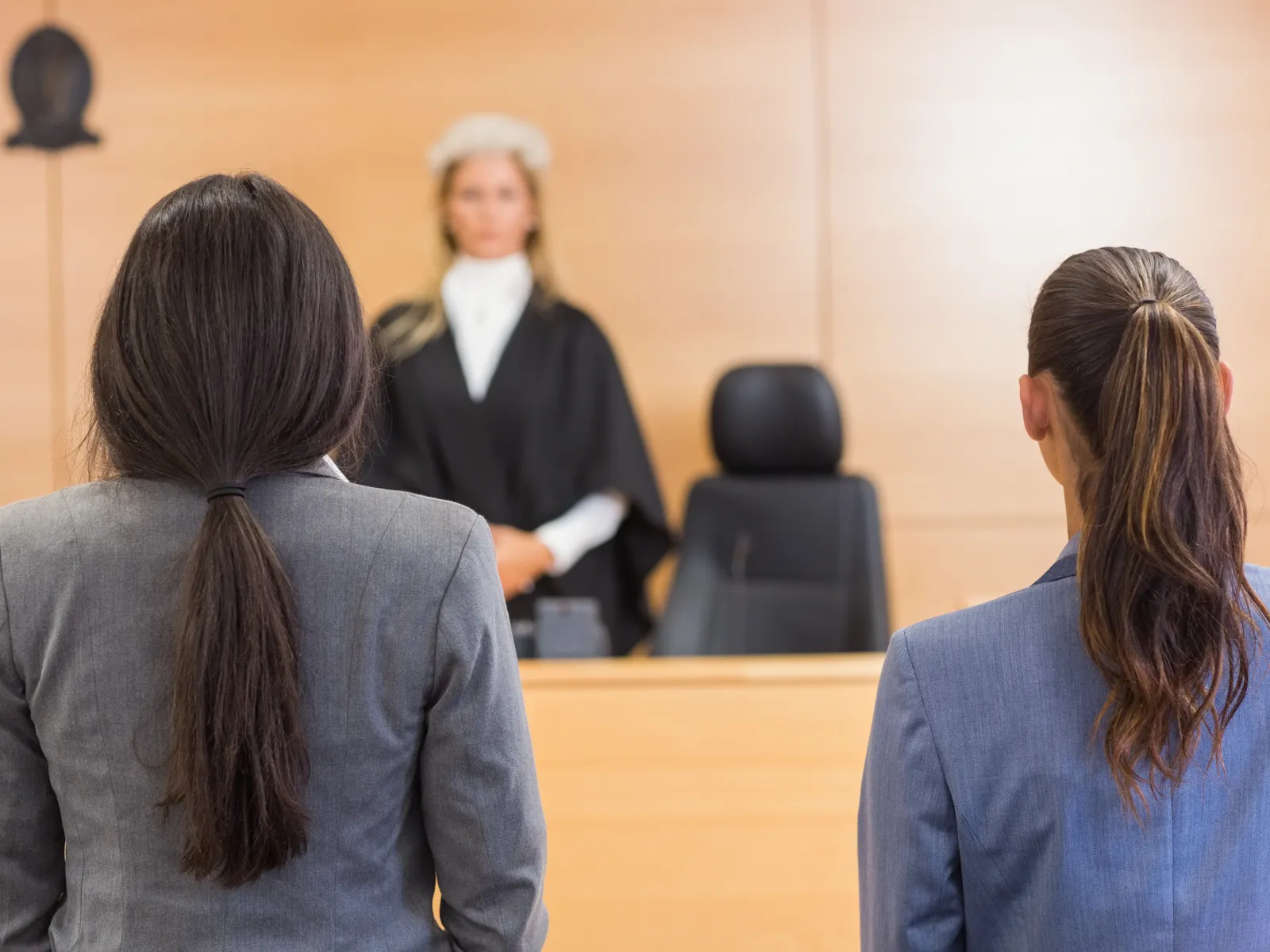
Closing Arguments
After both sides have called all their witnesses and presented their evidence, the final arguments in trial are made. These are the closing arguments. Closing arguments are critically important because they are the last thing the judge will hear before making a final decision. Unlike in the opening statements, the closing argument will include a lot of argument and references to witness testimony and evidence. The divorce lawyers will use their closing arguments as a final attempt to persuade the judge to their side.

Entrance of The Final Decree of Divorce
After the closing arguments for both parties are made, the attorneys will wrap up and the judge or jury (if formally requested) will recess in order to debate what they've heard in court and come to a final decision or verdict. Once the judge has decided how the divorce will be resolved, the judge will then enter a verdict and issue a Final Judgment and Decree of Divorce. The Final Decree of Divorce states how all issues related to child custody, child support, property & asset division, and alimony will be resolved. It is a binding court order and if it is not followed, you could be held in contempt.
Can You Have a Jury Trial in Divorce?
Throughout most of the United States, divorce final trials are typically in front of a judge rather than a jury. This is called a bench trial. However, in Georgia, either party may request to have a jury trial instead of the bench trial. In a Georgia divorce, juries are only allowed to hear issues related to child support, alimony and asset & property division or equitable division. Child custody issues must be determined by the judge.
What Type of Evidence is Used in Divorce Trial?
Typically, there are several different types of evidence that are commonly used in divorce trial. Witness testimony where a witness is called and answer questions under oath can be either lay testimony (ex: a neighbor testifying) or it can be expert testimony (ex: a financial expert going through the financials). There are also numerous types of documentary & photographic evidence as well with their own rules for admission in court.

